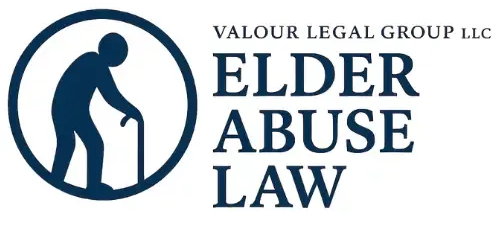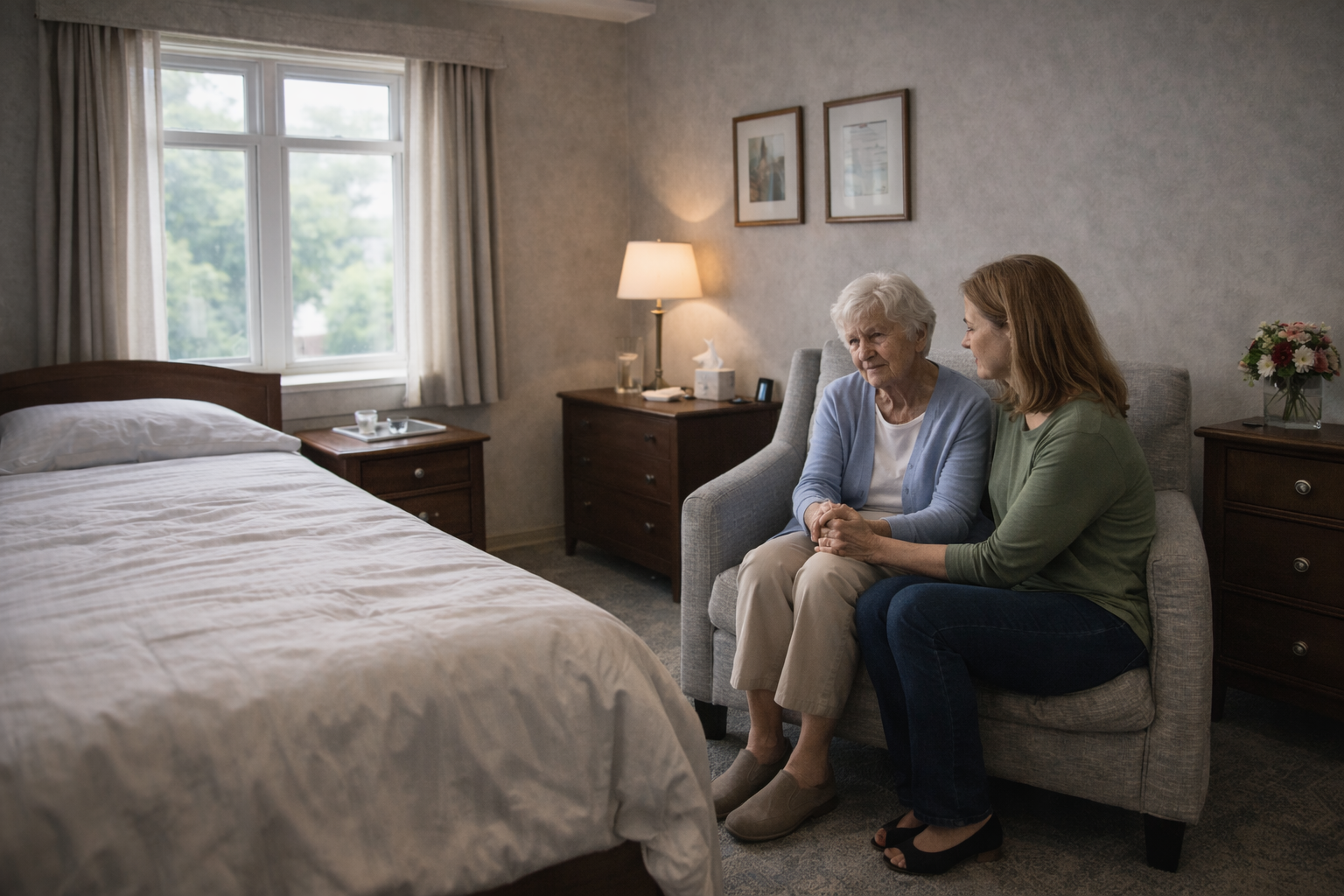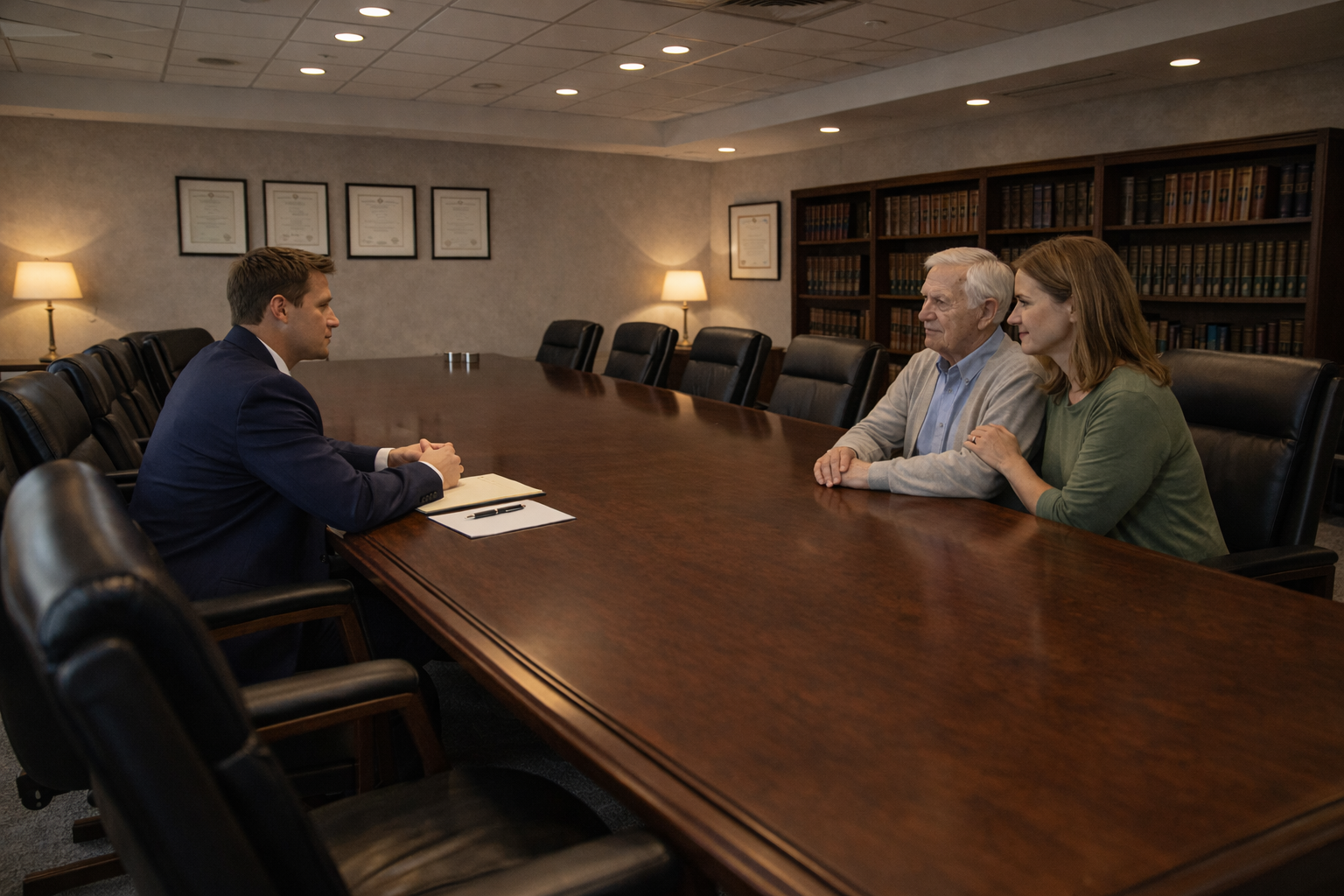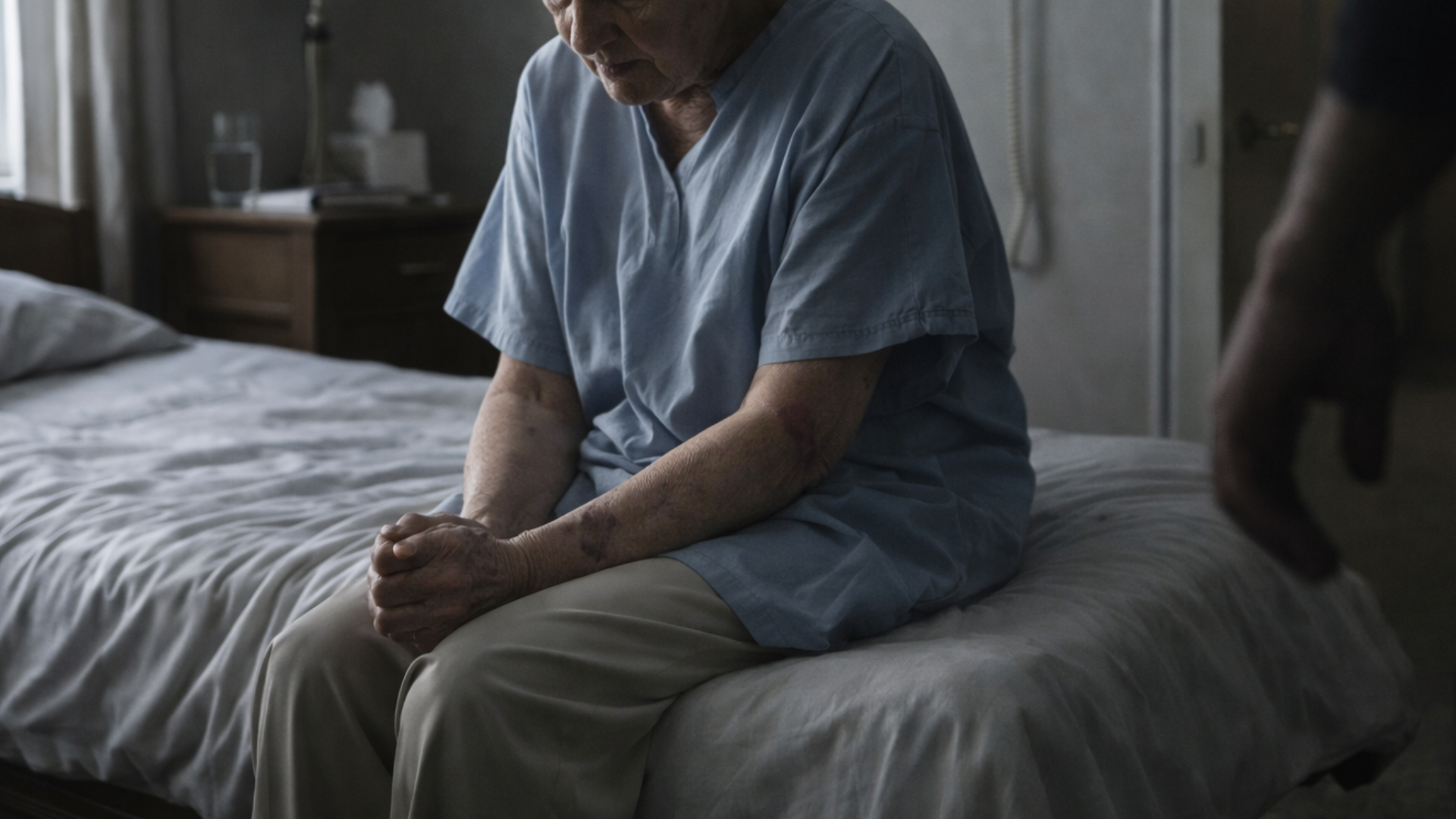Step-by-Step Guide to Handling Nursing Home Abuse Cases

When families make the difficult decision to place their loved ones in nursing homes, they do so with the expectation of safety, dignity, and compassionate medical care. Unfortunately, abuse and neglect in these facilities continue to plague communities nationwide, leaving families devastated and seeking answers. If you suspect elder abuse, understanding the right steps to take can make all the difference between continued suffering and swift protection.
This comprehensive guide will walk you through professional responsibilities, common warning signs, and proven prevention strategies, while highlighting when it becomes necessary to seek experienced help from a Chicago Nursing Home Abuse Law Firm.
What is the Nurse's Responsibility When Elder Abuse is Suspected?
Nurses serve as the first line of defense in protecting vulnerable residents. When abuse is suspected, their critical responsibilities include:
• Recognizing warning signs: These may include unexplained bruises or injuries, sudden emotional withdrawal, deteriorating hygiene, signs of malnutrition, or an unusual pattern of frequent accidents. Experienced nurses know that subtle changes often signal deeper problems.
• Documenting evidence thoroughly: Detailed, timestamped records of injuries, behavioral changes, or concerning interactions between staff and residents are absolutely critical for investigations. This documentation often becomes the foundation for any legal action pursued by a Chicago Nursing Home Abuse Law Firm.
• Reporting immediately: Nurses are mandated reporters under state law. They must inform supervisors and contact state agencies or protective services without delay, regardless of internal pressure to handle matters quietly.
• Ensuring immediate safety: If a resident faces imminent danger, nurses must take decisive steps to protect them, such as removing them from the harmful situation or requesting additional oversight.
Failure to act responsibly can put vulnerable patients at greater risk and expose both the facility and individual staff members to serious legal consequences.
What is the Biggest Complaint Regarding Nursing Homes?
Surprisingly, the most frequent complaint about nursing homes isn't always outright physical abuse, it's chronic neglect. Families across Chicago consistently report:
- Dangerously slow response times when residents desperately need assistance
- Chronic understaffing leads to unmet basic needs, such as regular feeding, proper bathing, and turning patients to prevent painful bedsores
- Poor communication between facility staff and worried family members
- Unacceptably unclean conditions that compromise both health and human dignity
Neglect can prove just as devastating as physical abuse, leading to preventable injuries, life-threatening infections, and profound emotional suffering. For families who suspect ongoing neglect in their loved one's facility, reaching out to an experienced Chicago Nursing Home Abuse Law Firm can help determine whether immediate legal intervention is warranted to protect their family member. Find helpful advice in Choosing the Best Elder Abuse Attorney: Questions to Ask Before Hiring.
How can Nurses Help Prevent Elder Abuse?
Prevention starts with unwavering vigilance and personal accountability. Dedicated nurses can significantly reduce the risk of abuse by:
• Maintaining strong patient relationships: Building genuine trust and rapport makes it easier for residents to feel comfortable reporting any mistreatment they experience.
• Following established care protocols consistently: Maintaining consistent attention to hygiene, proper nutrition, and regular mobility prevents the neglect that facilities often try to hide from families and attorneys representing victims through a Chicago Nursing Home Abuse Law Firm.
• Speaking up about dangerously low staffing levels: Chronic understaffing directly increases risks for all residents, and nurses have a professional duty to advocate for adequate coverage.
• Creating a culture of respect and dignity: Actively encouraging coworkers to treat patients with genuine empathy and respect reduces the likelihood of emotional, verbal, or physical abuse occurring.
• Pursuing continuing education: Regular training on elder abuse recognition ensures nurses remain alert to even the most subtle warning signs that less experienced staff might miss.
When nursing staff take these proactive steps seriously, facilities become genuinely safer environments for the vulnerable residents who depend on them for everything.
How to Avoid Being Put in a Nursing Home?
Many Chicago families desperately want to avoid institutional care altogether for their aging loved ones. While nursing home placement sometimes becomes unavoidable, there are practical strategies to reduce this likelihood:
• Plan financially for comprehensive in-home care: Long-term care insurance policies or dedicated savings accounts can fund professional caregivers who provide assistance in familiar home environments.
• Utilize available community resources: Adult day programs, meal delivery services, and respite care options can help seniors maintain independence while ensuring their safety and wellbeing.
• Promote healthy aging proactively: Preventing chronic conditions through proper diet, regular exercise, and consistent medical checkups significantly reduces the eventual need for intensive nursing care.
• Coordinate family support systems: When possible, organized family caregiving can be effectively combined with part-time professional assistance to create a sustainable care plan.
• Explore assisted living alternatives: These facilities often provide much more independence and dignity than traditional nursing homes while still offering necessary daily support.
The key to success lies in planning ahead thoughtfully, before a medical crisis forces hasty decisions that may not serve your family's best interests.
When Legal Action Becomes Necessary
Despite everyone's best efforts, abuse and neglect still occur in nursing facilities across the Chicago area. When prevention fails and your loved one suffers harm, consulting with an experienced Chicago Nursing Home Abuse Law Firm becomes essential. Professional legal guidance can help determine if you have grounds for a case, even when facility staff claim incidents were unavoidable accidents.
A qualified Chicago Nursing Home Abuse Law Firm can investigate suspicious circumstances, gather critical evidence, and hold negligent facilities accountable for their failures. These legal professionals understand the complex regulations governing nursing home care and can identify when facilities have violated their duty to provide adequate protection and care.
Final Thoughts
Handling nursing home abuse cases effectively requires swift action, meticulous documentation, and a thorough understanding of every nurse's legal responsibilities. Families who notice signs of neglect or abuse must speak up immediately to protect their most vulnerable loved ones. Healthcare professionals can prevent mistreatment by remaining vigilant, advocating for adequate staffing levels, and maintaining open, honest communication with families.
If you suspect that your loved one is suffering from neglect or abuse in their nursing facility, consulting with a trusted Chicago Nursing Home Abuse Attorney represents one of the most important protective steps you can take for your family. Professional legal guidance from an experienced Chicago Nursing Home Abuse Law Firm can help you protect your family's rights, stop ongoing abuse, and hold negligent facilities accountable for the harm they've caused.
Don't wait for conditions to worsen, reach out to a Chicago Nursing Home Abuse Law Firm today to discuss your concerns and explore your legal options. Your loved one's safety, dignity, and wellbeing depend on taking decisive action now.



